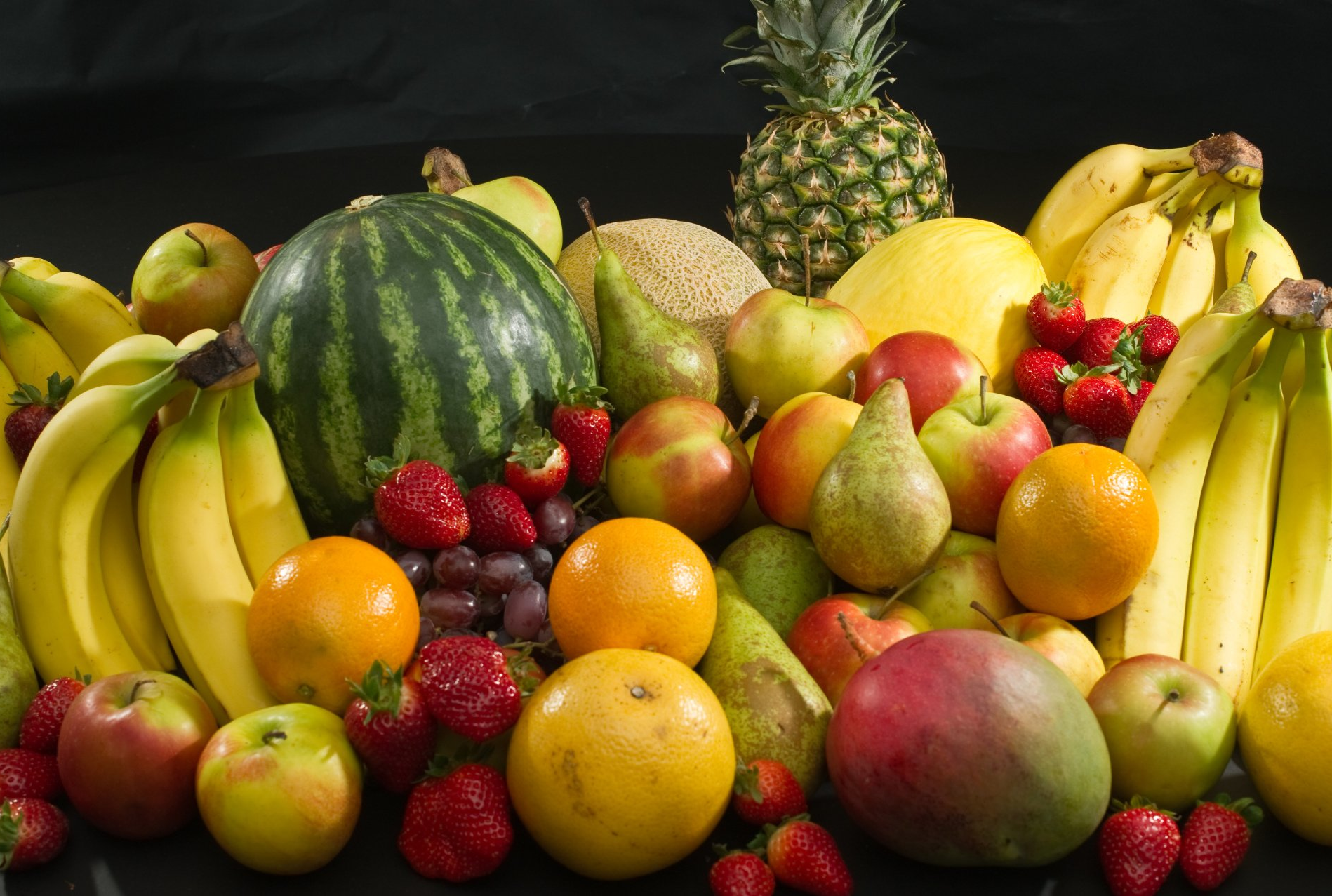Shared Culture of Oneness- Here, There and Elsewhere: What of Community Culture?
- By kwende ukaidi
- •
- 02 Nov, 2024
- •
Celebrating the Great Afrikan History Continuum

Even in the contemporary period of interruption and disruption, there was a time when Afrikan souls popularly referred to ‘The Community’ or ‘Their Community’. Consequently, and in this context, if one were to refer to the culture of the community it would indicate some semblance of an Afrikan way of life. Yet, in the immediate present the term, ‘The Community’ as used by Afrikan souls may still mean the Afrikan community at large to Afrikan souls. However, in the sphere of mainstream popularity it could also relate to any collective of hobbyists, a social network, groupings associated with sexual preferences and so on. Thus, to talk of, ‘The Community Culture’ in popular terms may then refer to the specific in-house practices of even the most microcosmic and arbitrary grouping.
A mainstream source offers the following detail on the subject:
“Community culture is the shared values, norms, beliefs, and practices that shape the way a group of people interact and collaborate with each other. It is a vital aspect of any community, whether it is a physical neighbourhood, a virtual network, a professional organisation, or a hobby club”.
For Afrikan souls, especially in a context of interruption and disruption where others that mean the Afrikan ill may take it upon themselves to impose all manner of divide and rule stratagem to fragment Afrikan life, caution is key. Surely, it is in the best interests of this soul people to hold a clear conception of themselves as a collective whole in principle and fundamental terms as community with other groupings coming secondary or tertiary to that. Here, Afrikan community and its culture can secure its rightful place of core prominence and centrality.
What then of the sub-groupings concerning hobbyists, social networks and the like? These of course, can be important and progressive to Afrikan life. Indeed, to the Afrikan community they can be well-springs for growth, development, inspiration and sustenance for this soul people. At the same time, identifying them as community groupings with functioning that can service ‘The Community’ (Afrikan people) rather than being the community in and of themselves can hold distinct advantages. Certainly, securing against the imposition of destructive divide and rule stratagem is a definite plus. In light of this, a mainstream source details the following in this regard:
“A community group is an organised collective of people with similar interests or aims. They're usually started by an individual or group of people who feel there is a lack of something in their community.”
Afrikan people have a special place as the primary people of the world. They are also the pioneers of culture that established the greatest and most enduring civilisations ever to exist. As such, these souls have a unique and superlative strength as a whole people or community. For this people to realise who and what they are and to cultivate themselves in a shared way of oneness is for them to realise their maximal potential and maximal capability in rightful order of their ascension.
Despite the challenges, Afrikans ought never lose the wholeness of their collective self whether located here, there or elsewhere. Rather to embrace, live, express and secure their shared oneness of core being is for grand civilisation to again grace the face the earth. It is the Afrikan who holds the capacity to let it be so.
Kwanzaa is one of the essential cultural observances of life within the Universal Royal Afrikan Nation. The Universal Royal Afrikan Nation (URAN) is an Afrikan-centred spiritual and cultural mission for ascendancy that embodies living spiritually and culturally rooted life. To find out more about URAN and its spiritual-cultural mission for liberty and nationhood click here. The exquisite URAN pendant can be obtained online by clicking here.
In his capacity as an Afrikan-centred spiritual cultural practitioner this author is available for further learning in this regard and also for the carrying out of ceremonies such as naming and name reclamation. For details please click here.
Afrikan World Studies programmes are an important forms of study in understanding the Afrikan experience. There are a range of subjects covered on these programmes including History, Creative Production, Psychology and Religion. To find out more about these learning programmes please click here. For the video promo for these learning programmes click here.
Also, in the approach to the important cultural observance of Kwanzaa, the text: From Pert-En-Min to Kwanzaa - A Kuumba (Creative) Restoration of Sacred First Fruits by this author is available to purchase online here. This publication provides informative detail on the of the Kwanzaa celebration. You can also visit the institution of Yemanja -O to pick up a copy.
At nominal cost, also consider acquisition of an a4 laminate poster of articulations by this author when visiting the Yemanja-O establishment to enrol, consult, learn, gather or otherwise.
